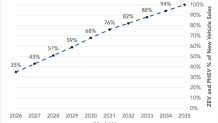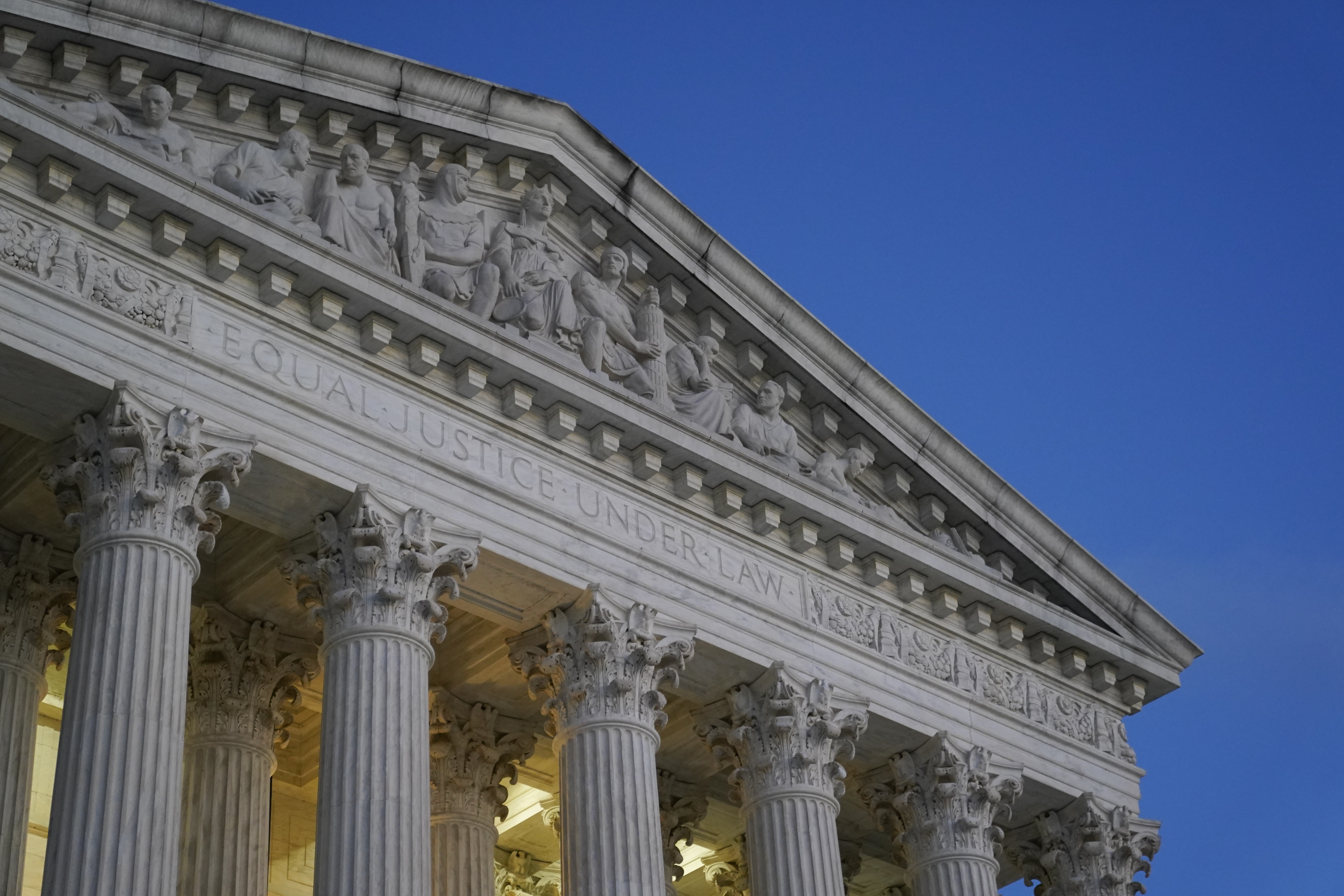What to Know
- The plan requires "all new passenger cars, trucks and SUVs sold in California" to be zero-emission vehicles by 2035.
- The plan will add regulations to warranties and serviceability on electric vehicles to ensure drivers who make the switch to electric cars are getting their money's worth.
- Californians with gasoline cars can continue to use them, and gasoline cars can still be bought and sold used, according to Newsom's 2020 executive order.
Regulators at the California Air Resources Board approved a groundbreaking new rule for emissions and vehicle sales in the nation's most populous state.
The Advanced Clean Cars II proposal from CARB would require "all new passenger cars, trucks and SUVs sold in California" to be zero-emission vehicles by 2035. The decision by the California Air Resources Board came two years after Gov. Gavin Newsom first directed regulators to consider such a policy.
If the goal is reached, California would cut emissions from cars in half by 2040.
Get New England news, weather forecasts and entertainment stories to your inbox. Sign up for NECN newsletters.
The policy still needs federal approval, but that's considered likely under the Biden Administration.
“This is a historic moment for California, for our partner states, and for the world as we set forth this path toward a zero- emission future,” Liane Randolph, chair of the air board, said during a public hearing before the vote.
The Advanced Clean Cars II plan would create yearly quotas for zero-emission vehicle sales, and would increase the percentage of new car sales that must be zero emissions each year starting in 2026, until 100% of new vehicles sold are zero emission or plug-in hybrid electric in 2035.

Here's how those quotas break down by year, according to the plan:
- 35% of new vehicles sold in 2026 must be zero-emissions or plug-in hybrid electric
- 43% of new vehicles in 2027
- 51% in 2028
- 59% in 2029
- 68% in 2030
- 76% in 2031
- 82% in 2032
- 88% in 2033
- 94% in 2034
- 100% in 2035
California already "enjoys the largest zero-emission vehicle market in the nation with more than 16% of new vehicles sold being zero-emissions or plug-in hybrids," according to the proposal.
U.S. & World
Still, CARB says transportation is the source of most of California's carbon dioxide emissions, and carbon dioxide is one of seven greenhouse gases that the ARB is responsible for monitoring and regulating to help mitigate climate change.
The Advanced Clean Cars II proposal would also tighten standards on emissions from gasoline cars and passenger trucks, and add regulations to warranties and serviceability on electric vehicles to ensure drivers who make the switch to electric cars are getting their money's worth.
The goal is to support "100% electrification by 2035" in the transportation sector, reducing the number of air pollutants and providing a bonus boost to public health and the economy "by reducing premature deaths, hospitalizations and lost workdays associated with exposure to air pollution," according to CARB.
Californians with gasoline cars can continue to use them, and gasoline cars can still be bought and sold used, according to Newsom's 2020 executive order. However, the ARB proposal mentions rebates and other incentives for those who want to make the switch to an EV or PHEV.
The vote on the proposal, which is expected to pass, is set to take place on Thursday, Aug. 25.
If it passes, the rest of the U.S. transportation sector could see ripple effects, with a greater focus on affordable electric vehicles as the huge -- and influential -- California market changes its emission requirements.



